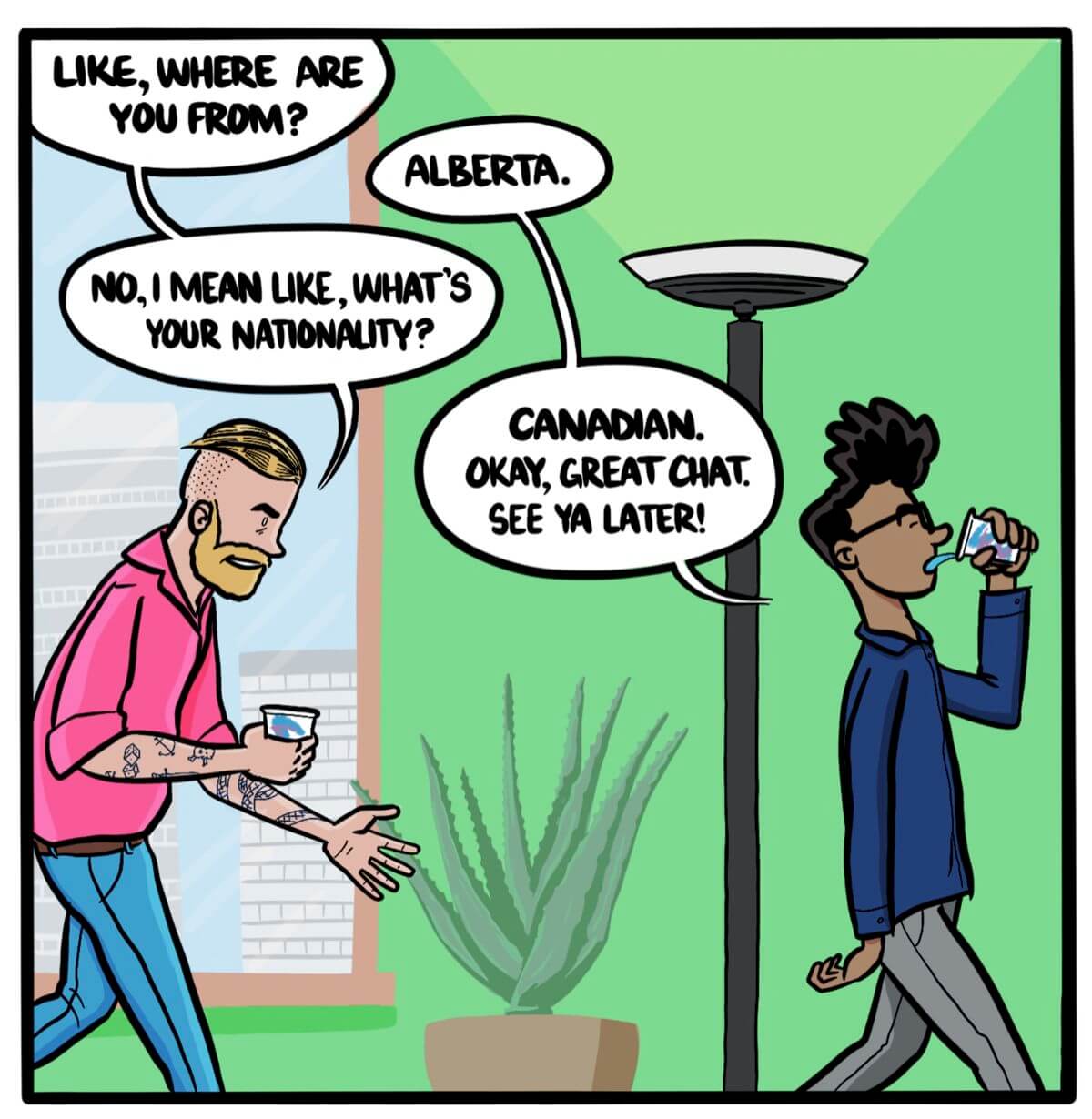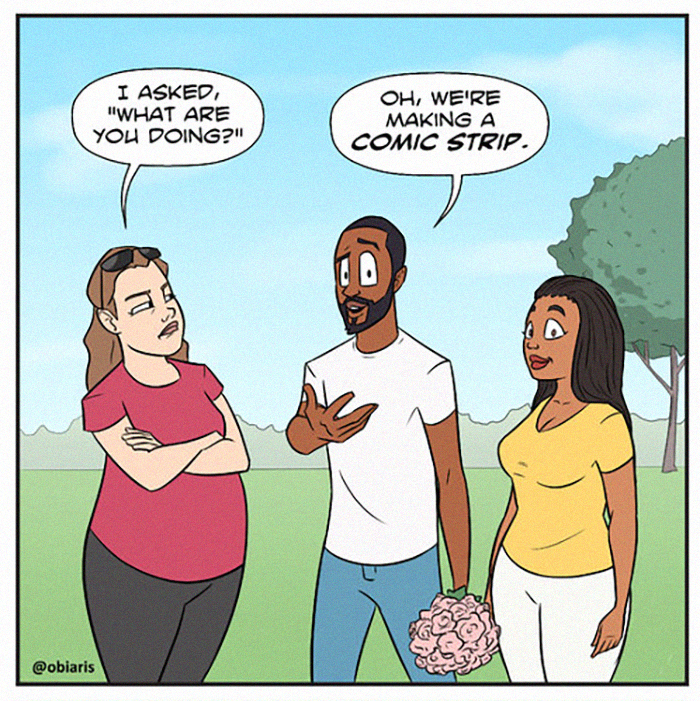Can humor ever truly be harmless, especially when it tackles the volatile subject of race? The answer, as the following exploration reveals, is far from straightforward, and the lines between comedy, social commentary, and outright offense are frequently blurred, demanding a critical examination of the power and impact of racist jokes.
The world of humor, with its boundless capacity for wit and observation, has always been a double-edged sword. Comedians, both celebrated and controversial, have often utilized their platforms to poke fun at societal norms, challenge prevailing beliefs, and, in some instances, confront deeply ingrained prejudices. The question of whether such attempts at humor can be genuinely funny, or whether they inadvertently perpetuate harm, remains a topic of intense debate. For every person who finds catharsis in a well-crafted joke that exposes the absurdity of prejudice, there are many others who see such jokes as a reinforcement of harmful stereotypes and discriminatory attitudes.
The challenge lies in the very nature of humor: its subjectivity. What one person finds hilarious, another may find deeply offensive. Jokes that rely on racial stereotypes, for example, frequently hinge on pre-existing biases and generalizations about specific groups of people. These stereotypes, whether they depict a group as lazy, unintelligent, or prone to certain behaviors, can be incredibly damaging, perpetuating a cycle of prejudice and discrimination.
Consider the mechanics of such jokes: they often rely on the element of surprise, setting up an expectation and then subverting it with a punchline that reinforces a stereotype. The humor is derived from the unexpected juxtaposition of the setup and the punchline. However, the impact of the joke is not limited to the immediate moment of laughter. It can seep into the subconscious, subtly reinforcing the negative perceptions and potentially influencing behavior.
The argument that racist jokes can somehow "break down barriers" by making light of tough subjects is a complex one. Proponents might argue that by exposing the absurdity of prejudice, the jokes can foster critical thinking and encourage dialogue. However, this argument fails to recognize the power dynamics at play. In a society where certain groups already experience systemic oppression, humor that targets those groups can reinforce their marginalization. It can also silence the voices of those who are being targeted, making it difficult for them to challenge the stereotypes.
Some individuals, particularly those who are not members of the group being targeted, may argue that it is simply "a joke." However, the impact of such jokes cannot be dismissed. Even if not intended to cause harm, they can have real-world consequences. For example, they can create a hostile environment for those who are targeted, reinforcing feelings of isolation and discrimination. They can also contribute to implicit bias, making it more likely that people will act on their prejudices.
The landscape of humor is constantly evolving. What was once considered acceptable can quickly become unacceptable. This is particularly true when it comes to race and other sensitive topics. Social media, with its rapid-fire cycle of jokes and memes, has amplified the conversation around humor, allowing for instant feedback and critique. The accessibility of information has also made it easier for people to learn about the history of racism and discrimination, making them more sensitive to the potential harm of racist jokes.
Ultimately, the question of whether racist jokes are ever acceptable is a deeply personal one. There is no easy answer, and the answer may vary depending on a number of factors, including the specific joke, the context in which it is delivered, and the audience. It is, therefore, essential to approach such jokes with a critical eye, considering their potential impact and the larger societal implications. Responsible humor requires self-awareness, empathy, and a willingness to question our own biases. It requires us to recognize that laughter should not come at the expense of another person's dignity or well-being.
The following table provides a summary of some of the key issues associated with racist humor and the ways in which they are perceived. It is not intended to be a comprehensive analysis but rather a starting point for further discussion.
| Aspect | Description | Potential Impact | Counterarguments |
|---|---|---|---|
| Stereotypes | Jokes often rely on pre-existing stereotypes about racial or ethnic groups. | Reinforces negative perceptions, can lead to discrimination. | Some argue jokes can expose stereotypes to ridicule and challenge them. |
| Offense | Many people find racist jokes offensive and hurtful. | Can create hostile environments, perpetuate feelings of marginalization. | Proponents of humor argue it can be a way of addressing difficult topics. |
| Power Dynamics | In unequal societies, jokes targeting marginalized groups can further disempower them. | Silences voices, makes it difficult to challenge prejudice. | Some believe that jokes can make light of tough subjects. |
| Intent vs. Impact | Even if not intended to cause harm, racist jokes can have real-world consequences. | Contributes to implicit bias, influences behavior. | Some believe that jokes are just jokes and should not be taken too seriously. |
| Context | The acceptability of a joke depends on context, including the setting, audience, and speaker. | Misinterpretation of humor | Humor is subjective |
For further reading on the nature of humor and its complex relationship to racism and prejudice, please refer to the following resource:Example Resource on Humor and Racism



Detail Author:
- Name : Major Hudson
- Email : xrogahn@hotmail.com
- Birthdate : 1975-08-12
- Address : 424 Nolan Club Hermistonborough, WA 57570
- Phone : +1.484.318.0259
- Company : Padberg-Renner
- Job : Aircraft Mechanics OR Aircraft Service Technician
- Bio : Aut harum recusandae deleniti minima illum quia quam ullam. Aliquid debitis et adipisci vel reiciendis ea. Consequuntur ipsa et nesciunt voluptas. Distinctio sint et voluptas dolor accusamus quis.